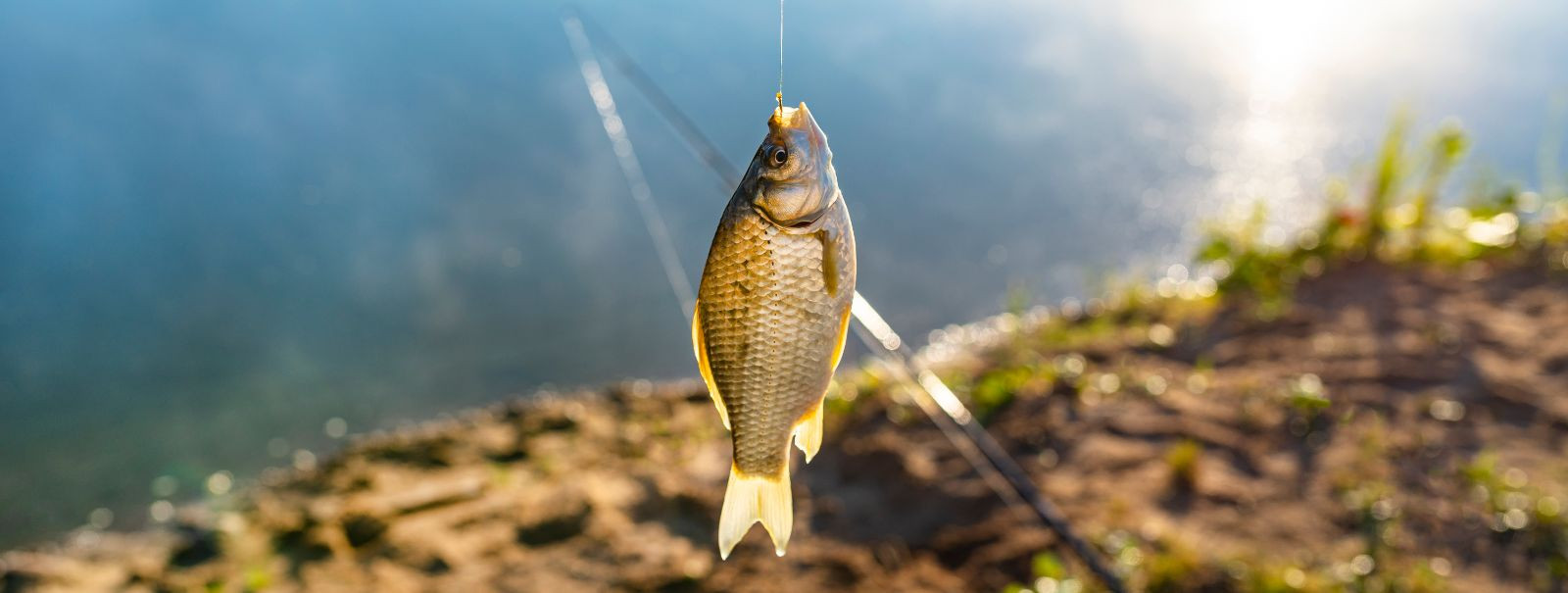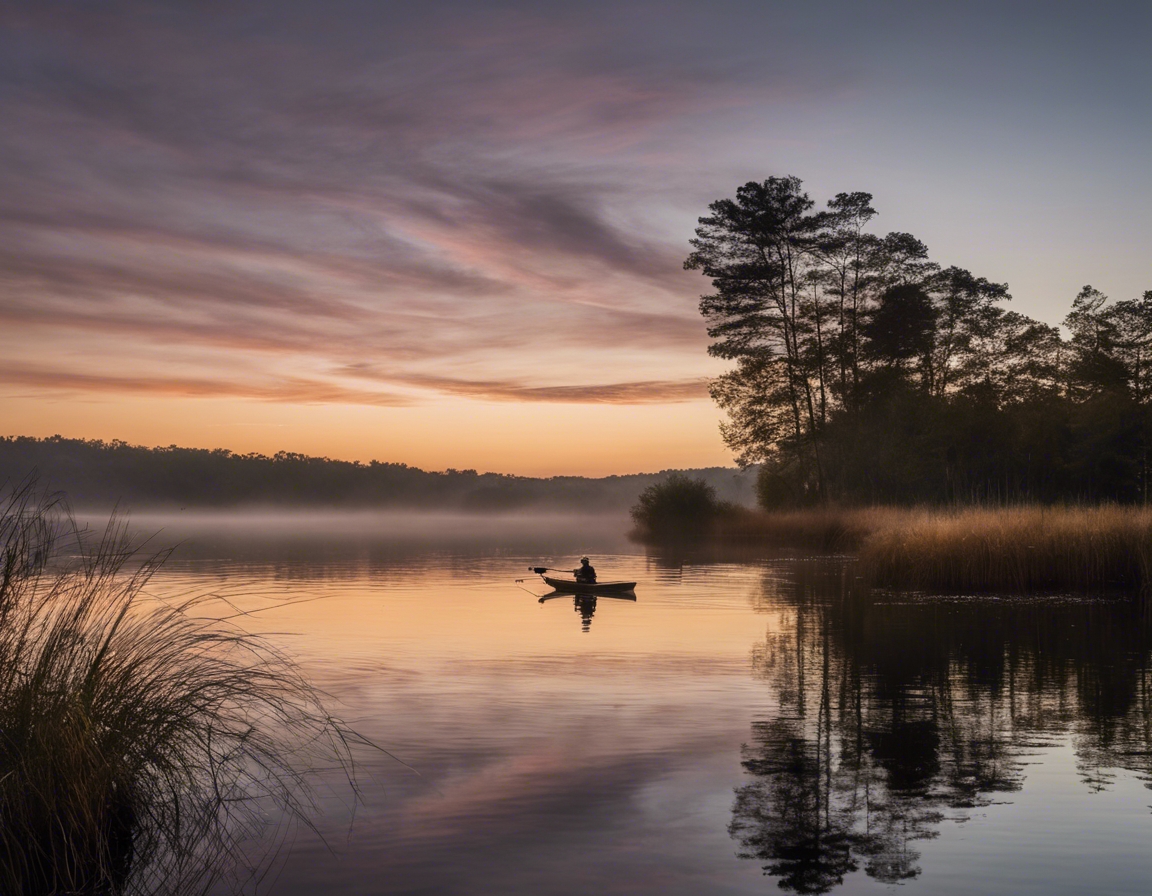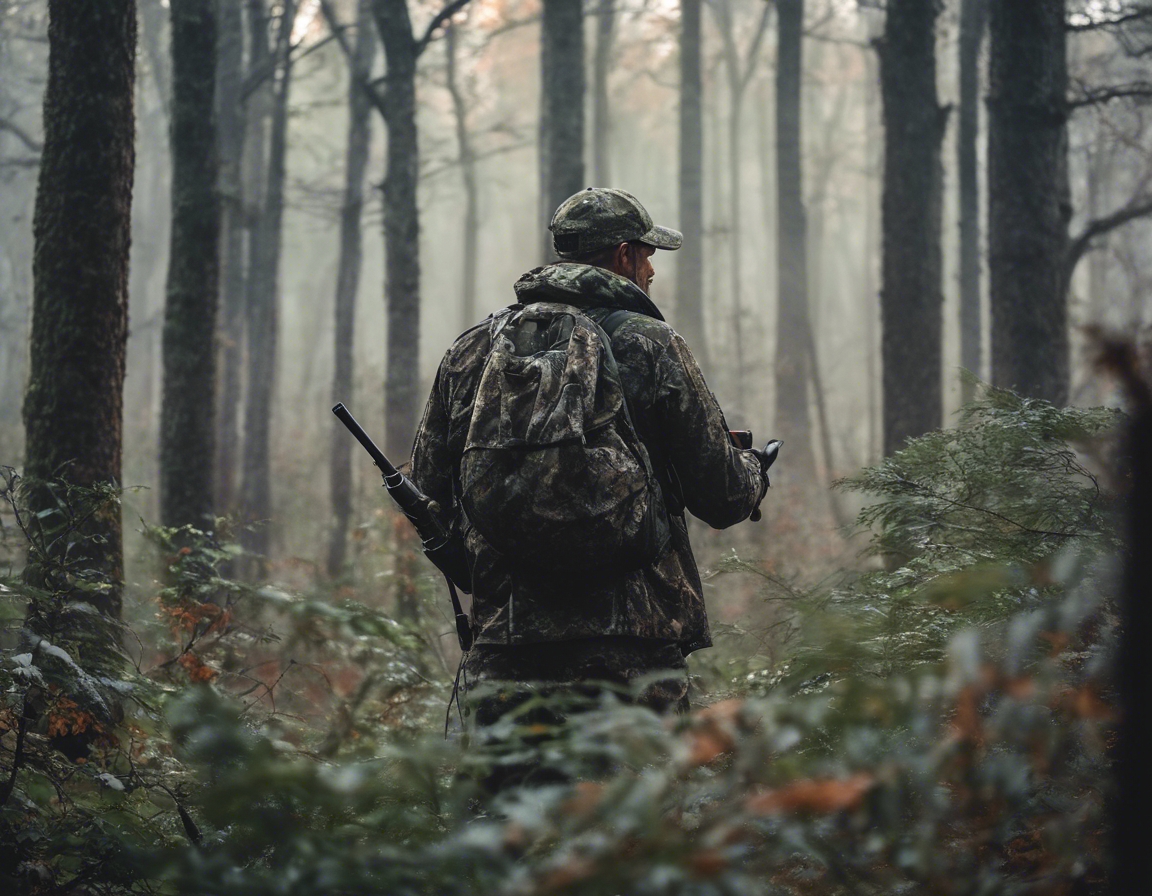The ethical angler: fishing with a conscience
At the heart of ethical angling lies a deep respect for aquatic ecosystems and a commitment to preserving the natural beauty and biodiversity of our waterways. It's about more than just catching fish; it's about engaging with the environment in a way that ensures its health and vitality for future generations.
As our planet faces unprecedented environmental challenges, every action we take in nature must be scrutinized for its impact. Ethical angling is a powerful way for individuals to contribute to conservation efforts while enjoying the sport they love.
The Principles of Ethical Angling
Respecting the environment means understanding the habitats you fish in and taking steps to minimize your impact. This includes proper disposal of waste, avoiding sensitive spawning areas, and using eco-friendly gear.
Conservation-minded anglers are committed to maintaining healthy fish populations. This involves adhering to catch limits, respecting size and species regulations, and participating in habitat restoration efforts.
Choosing the right gear is crucial for ethical angling. Biodegradable lures, lead-free weights, and barbless hooks are just a few examples of responsible choices that can make a significant difference.
When practicing catch and release, it's important to handle fish with care to ensure their survival upon release. Techniques such as wetting your hands before handling and using proper release tools can greatly increase a fish's chances of thriving post-catch.
Implementing Ethical Practices
Selecting locations that are known for sustainable fishing practices helps support local economies and conservation efforts. It also ensures that the fishing experience is balanced with the well-being of the ecosystem.
Selective harvesting involves keeping only what you need and can reasonably consume, while releasing the rest. This practice helps maintain ecological balance and fish diversity.
Anglers can play a role in scientific research by participating in citizen science projects. Reporting catches, collecting data, and contributing to local conservation initiatives are all ways to get involved.
Passing on the principles of ethical angling to younger generations ensures the longevity of the sport and the preservation of our waterways. Education and mentorship are key components of a sustainable angling community.
Challenges and Considerations
Overfishing and habitat destruction are significant threats to aquatic ecosystems. Ethical anglers must be aware of these issues and work towards solutions that mitigate their impact.
Staying informed about local and international fishing regulations is essential for ethical angling. Compliance with laws and guidelines helps protect fish populations and their habitats.
Anglers often face ethical dilemmas, such as whether to fish in areas with declining populations or how to handle bycatch. Making informed decisions in these situations is a hallmark of an ethical angler.





Comments (0)